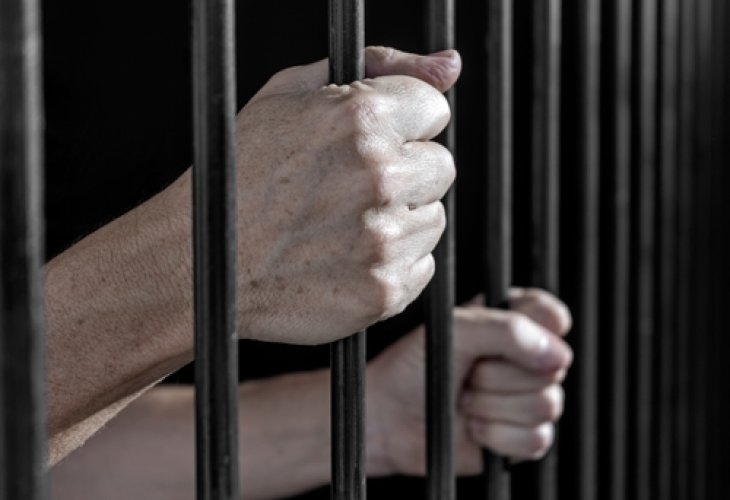The Miracle That Changed History: The Jewish Escape from Kairouan Prison
A jealous Arab merchant persuaded his Jewish friend to disguise himself as a Muslim to enter Kairouan for trade. But as soon as he stepped into the market, the schemer shouted: 'A Jew has entered Kairouan and is defiling the city!' The authorities arrested him and put him in jail awaiting his fate.
 Illustration (photo: shutterstock)
Illustration (photo: shutterstock)What does the name "Kairouan" mean to people today? Probably not much; it sounds like an Arab city. But to a Jewish person? Immediately, the image of the Kairouan Yeshiva comes to mind. For three centuries during the Geonic period, it was one of the world's great centers of Torah learning and the first outside of Babylon. Scholars like Mar Ukva, Rabbi Nissim Gaon, Rabbi Chushiel Gaon who later became the head of the yeshiva, Rabbi Chananel, son of Rabbi Chushiel, the Rif, a student of Rabbi Chananel, and other esteemed figures studied there.
After three hundred years of the yeshiva's existence, in 1270, Islamic scholars declared Kairouan a sacred city for Islam, based on the claim that one of Muhammad's companions was buried there. Consequently, anyone who was not Muslim was banned from living in the "holy" city, and all Jews were expelled.
The Jewish community deeply mourned their separation from this spiritual heritage. The illustrious Jewish communities of Morocco and Tunisia drew their roots from the Kairouan Yeshiva, and its associated stories have always shaped them. Tradition holds that the Grand Mosque in Kairouan is built over the graves of Rabbi Chushiel Gaon and his son Rabbi Chananel. According to legend, a street in the city is graced by an eternal flame, maintained by locals who also donate to charity at the site, believed to be the burial place of an ancient Jewish sage whose miraculous deeds are renowned.
However, many years later, Jews were permitted to return to Kairouan. How did this happen? Rabbi Boaz Haddad, an expert on Tunisian Jewish traditions, recounts: During the rule of Muhammad Basha Bey in Tunisia about 170 years ago, an Arab merchant, envious of his Jewish colleague, urged him to believe he could disguise himself as a Muslim to trade in Kairouan. Once the Jew entered the market, the malicious merchant started shouting: 'A Jew has entered Kairouan and is defiling the city!' The authorities caught him and imprisoned him, quickly sentencing him to death by burning. They sent an emissary to Basha Bey for his signature on the order. Meanwhile, a miracle occurred for the Jew— the prison doors opened. He returned home at night and recounted his ordeal to Rabbi Yeshua Bassiss. Rabbi Yeshua approached Basha Bey, knowing him to be a merciful ruler, and said: 'Such was the story, a swindler deceived a Jew into Kairouan, imprisoned him, and Hashem opened the prison doors for him.' Just then, emissaries from Kairouan arrived to procure Basha Bey's signature on the decree. Basha Bey said: 'Bring the prisoner before me.' They returned and couldn't find him... Basha Bey declared, 'This incident shows that it is Allah's will for Jews to return to Kairouan,' and thus revoked the prohibition. He confiscated the deceitful merchant's wealth and gave it to the Jew who had escaped harm, bringing justice at last.
This marked the revival of the Jewish community in Kairouan, and in the year 1920, a synagogue was even established there. Today, only a few Jews remain in Kairouan. The exact burial sites of the great sages and founders of the community are not clearly identified.

